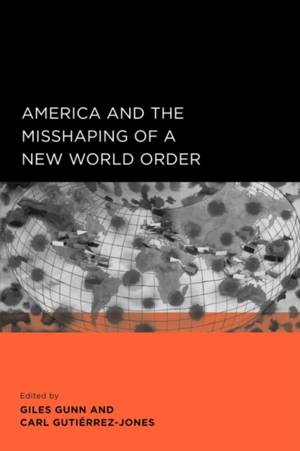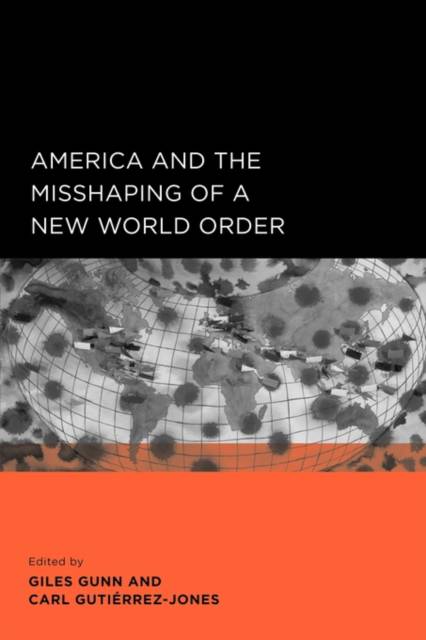
Je cadeautjes zeker op tijd in huis hebben voor de feestdagen? Kom langs in onze winkels en vind het perfecte geschenk!
- Afhalen na 1 uur in een winkel met voorraad
- Gratis thuislevering in België vanaf € 30
- Ruim aanbod met 7 miljoen producten
Je cadeautjes zeker op tijd in huis hebben voor de feestdagen? Kom langs in onze winkels en vind het perfecte geschenk!
- Afhalen na 1 uur in een winkel met voorraad
- Gratis thuislevering in België vanaf € 30
- Ruim aanbod met 7 miljoen producten
Zoeken
America and the Misshaping of a New World Order
€ 59,45
+ 118 punten
Omschrijving
The attempt by the George W. Bush administration to reshape world order, especially but not exclusively after September 11, 2001, increasingly appears to have resulted in a catastrophic "misshaping" of geopolitics in the wake of bungled campaigns in the Middle East and their many reverberations worldwide. Journalists and scholars are now trying to understand what happened, and this volume explores the role of culture and rhetoric in this process of geopolitical transformation. What difference do cultural concepts and values make to the cognitive and emotional weather of which, at various levels, international politics is both consequence and perceived corrective? The distinguished scholars in this multidisciplinary volume bring the tools of cultural analysis to the profound ongoing debate about how geopolitics is mapped and what determines its governance.
Specificaties
Betrokkenen
- Uitgeverij:
Inhoud
- Aantal bladzijden:
- 242
- Taal:
- Engels
- Reeks:
Eigenschappen
- Productcode (EAN):
- 9780520098701
- Verschijningsdatum:
- 1/06/2010
- Uitvoering:
- Paperback
- Formaat:
- Trade paperback (VS)
- Afmetingen:
- 152 mm x 229 mm
- Gewicht:
- 362 g

Alleen bij Standaard Boekhandel
+ 118 punten op je klantenkaart van Standaard Boekhandel
Beoordelingen
We publiceren alleen reviews die voldoen aan de voorwaarden voor reviews. Bekijk onze voorwaarden voor reviews.








